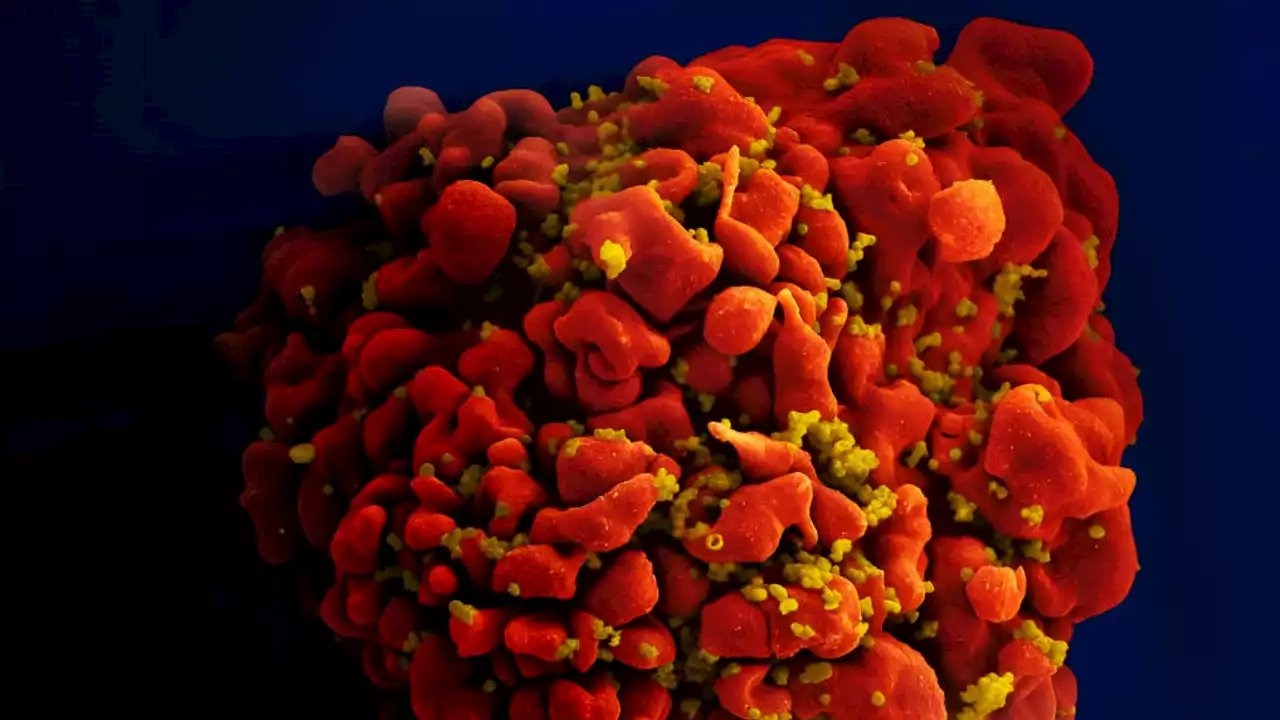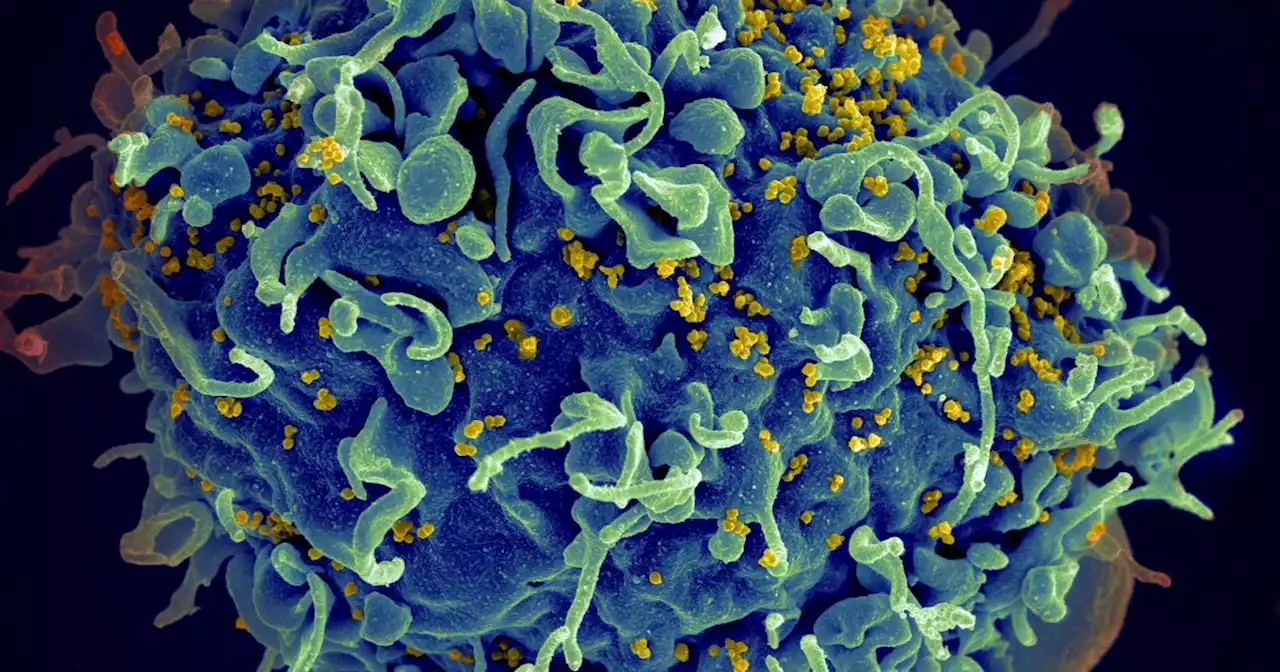Climate change will force animals to relocate, increasing the chances that viruses will jump from one species of mammal to another, including humans, a new study says.
Using computer modeling, researchers predicted 3,139 species of mammals will seek new habitats by 2070, including areas with high population density, if the world only warms by 2 degrees Celsius .
As different species come into contact with each other for the first time, about 4,000 viruses will move from one species to another, according to theAfrica and Southeast Asia will be most affected, with bats doing most of this virus spreading because of their ability to fly long distances, the study said.
The wildlife trade is a good analogy because animals are brought together in unnatural combinations, Colin Carlson, the study’s lead author and an assistant research professor at the Center for Global Health Science and Security at Georgetown University Medical Center,“But markets aren’t special anymore; in a changing climate, that kind of process will be the reality in nature just about everywhere,” Carlson said.
The study says the process may already be underway and that holding warming under 2 degrees Celsius – one of the benchmarks of the 2015 Paris Agreement – won’t prevent it from continuing.
United States Latest News, United States Headlines
Similar News:You can also read news stories similar to this one that we have collected from other news sources.
 'Eight years left to turn the ship': Scientists share how climate change could change daily lifeExperts say we're 'running out of time' — and without urgent action, the planet will be radically different.
'Eight years left to turn the ship': Scientists share how climate change could change daily lifeExperts say we're 'running out of time' — and without urgent action, the planet will be radically different.
Read more »
 Climate change may increase risk of new infectious diseases, study saysResearchers examined how more than 3,000 mammal species may migrate and share viruses over the next 50 years if the world slightly warms up.
Climate change may increase risk of new infectious diseases, study saysResearchers examined how more than 3,000 mammal species may migrate and share viruses over the next 50 years if the world slightly warms up.
Read more »
 Climate Change May Increase Risk Of New Infectious DiseasesThousands of new viruses are expected to spread among animal species by 2070 if the world warms by a few degrees, according to a new study.
Climate Change May Increase Risk Of New Infectious DiseasesThousands of new viruses are expected to spread among animal species by 2070 if the world warms by a few degrees, according to a new study.
Read more »
 Climate change may increase risk of new infectious diseasesClimate change will result in thousands of new viruses spread among animal species by 2070 — and that’s likely to increase the risk of emerging diseases jumping from animals to humans, study finds.
Climate change may increase risk of new infectious diseasesClimate change will result in thousands of new viruses spread among animal species by 2070 — and that’s likely to increase the risk of emerging diseases jumping from animals to humans, study finds.
Read more »
 Climate change may increase risk of new infectious diseasesClimate change will result in thousands of new viruses spread among animal species by 2070 — and it's likely to increase the risk of emerging infectious diseases jumping from animals to humans, especially in Africa and Asia, according to a new study.
Climate change may increase risk of new infectious diseasesClimate change will result in thousands of new viruses spread among animal species by 2070 — and it's likely to increase the risk of emerging infectious diseases jumping from animals to humans, especially in Africa and Asia, according to a new study.
Read more »
Climate change increases cross-species viral transmission risk - NatureNature research paper: Climate change increases cross-species viral transmission risk
Read more »
